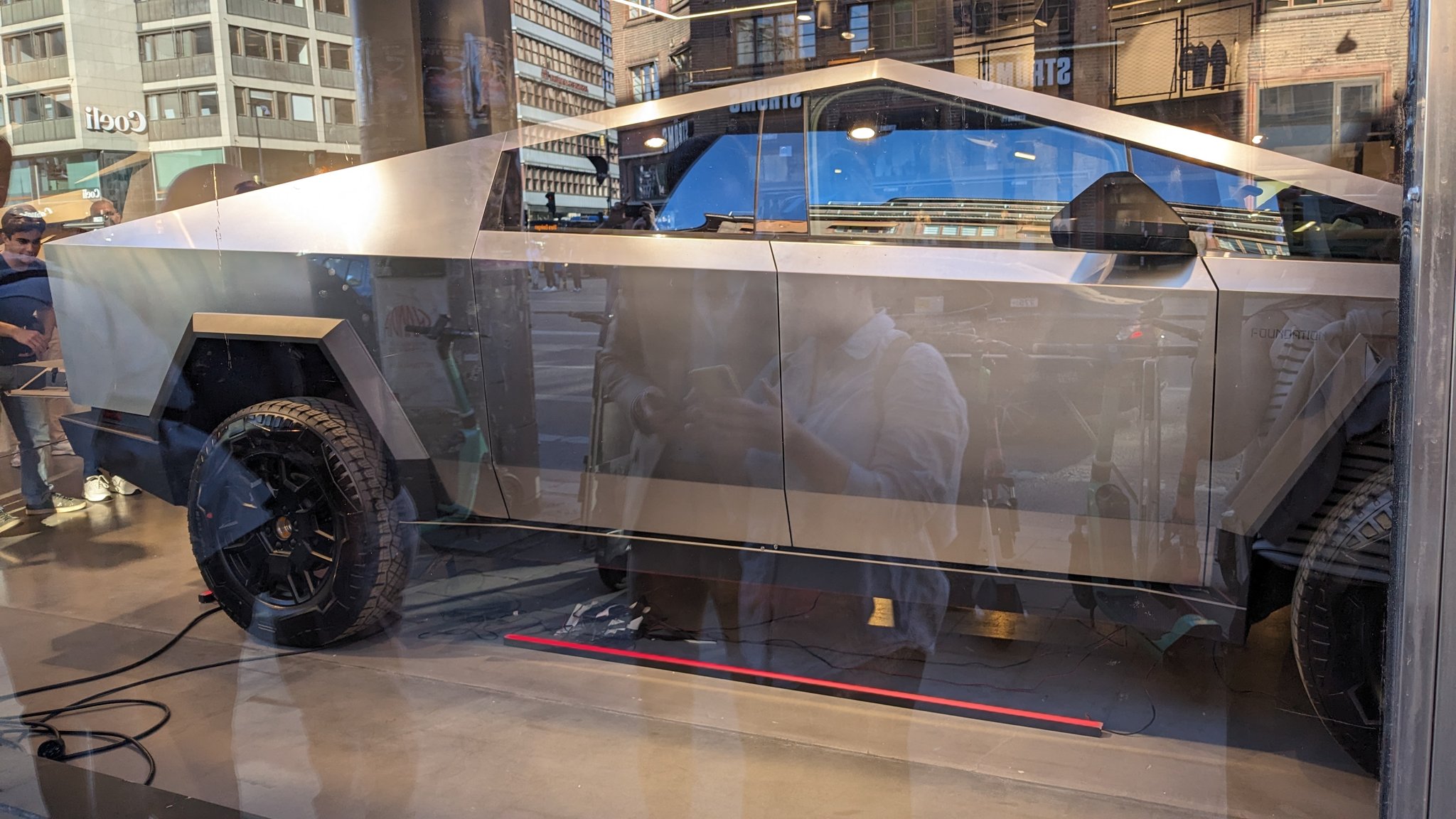Potential Ban on Tesla Cybertruck Imports in Israel Over Safety Concerns
In a surprising turn of events, the Israeli Ministry of Transport and security forces are contemplating an import ban on Tesla’s electric Cybertruck. The reason behind this consideration is tied to concerns over the vehicle’s resilience against bullets of certain calibers, potentially making it an attractive target for criminal and terrorist organizations.
Security Concerns Highlighted
The unique build of the Tesla Cybertruck, noted for its stainless steel exoskeleton and armored glass, is being scrutinized for its bullet-resistant properties. While these features are a selling point in many markets, in Israel, they raise red flags. Authorities fear that such a robust build could be exploited by malicious actors, leading to its possible misuse in criminal activities.
Aesthetics and Public Perception
Public opinion on the Cybertruck’s design has always been polarized. The unconventional, futuristic look is either loved or hated by consumers. According to a tweet discussing the potential ban, the sentiment in Israel seems to lean towards disdain, with comments like, ‘Let’s face it, no one will buy it because it’s pretty. It’s ugly, ugly!!’
Government Deliberations
The Israeli government’s decision is still in the deliberation phase. The Ministry of Transport and security forces are weighing the pros and cons of such a ban. They must consider both the potential security risks and the impact on consumer choice and market competition. Tesla, known for pushing the boundaries of automotive design and technology, faces a unique challenge in this market.
Global Implications
This situation in Israel could set a precedent for other countries with similar security concerns. If Israel proceeds with the ban, it might encourage other nations to reconsider the import and sale of vehicles with exceptional defensive capabilities. This could have broader implications for the future design and features of high-security vehicles.
The Road Ahead
As automotive technology advances, the intersection of vehicle capabilities and security considerations becomes increasingly complex. The case of the Tesla Cybertruck in Israel highlights the delicate balance between innovation and public safety. Whether the import ban will be implemented remains to be seen, but the discussions it has sparked are likely to continue for some time.
Consumers and automotive enthusiasts worldwide will be watching closely to see how this situation unfolds and what it might mean for the future of vehicle imports, regulations, and security measures.
